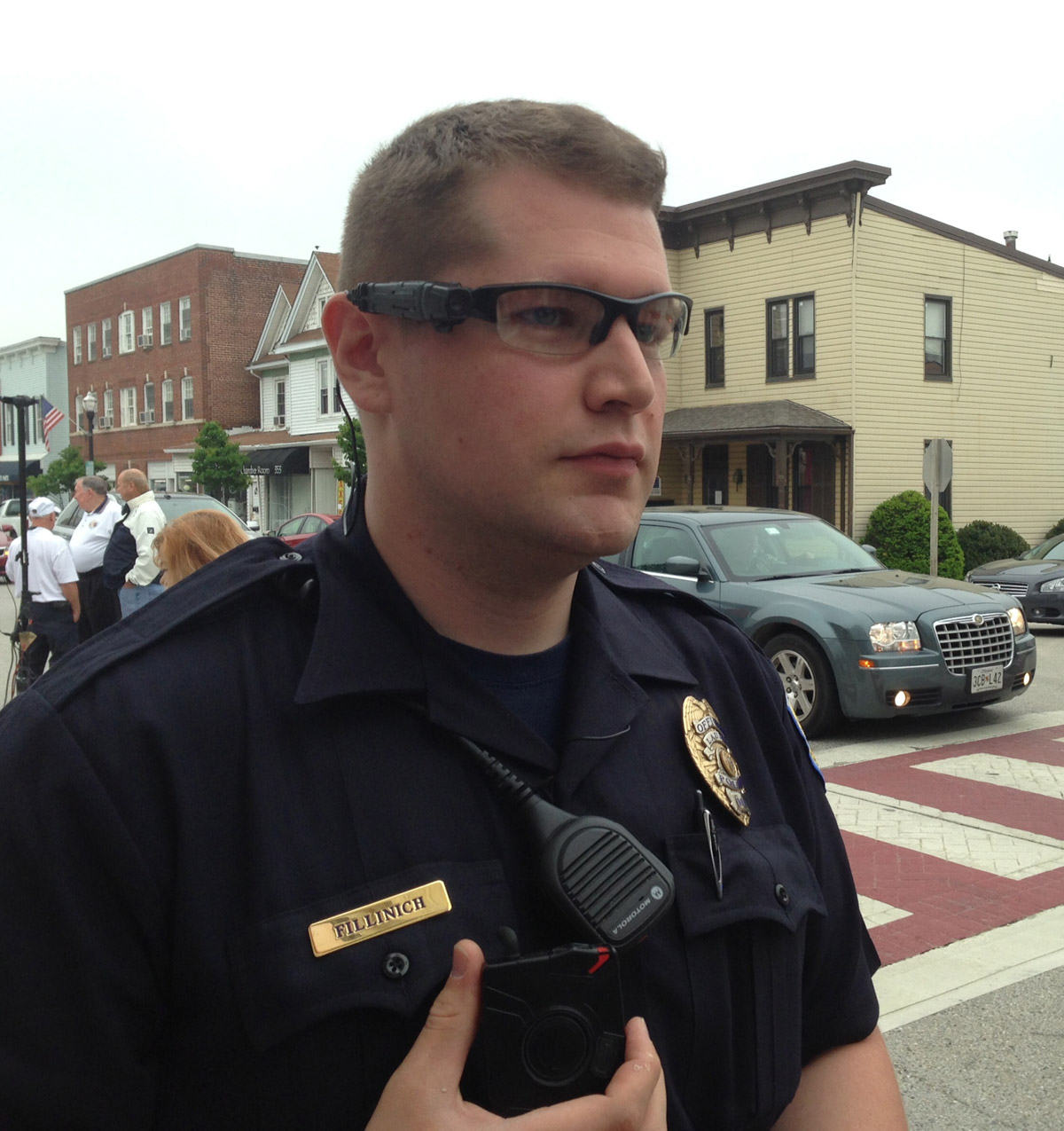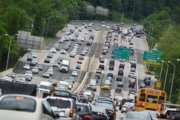WASHINGTON — The public would not have access to video taken by new body cameras worn by D.C. police under language inserted into Mayor Muriel Bowser’s budget bill.
Bowser says she included language in her budget that would exempt the videos recorded by police body cameras from Freedom of Information Act requests in order to protect the privacy of ordinary citizens interacting with D.C. police and captured in those videos.
She says the government doesn’t have the resources or staff to look at every hour of footage picked up by body cameras, redact personal information and release it to the general public. And she doesn’t want the program to become swamped by “voluminous” public information requests.
Bowser says citizens have a right to privacy in those citizen-police interactions.
“So what we have to figure out is how we can have information available to the public, but also protect the privacy of individuals,” she says.
The proposal has raised concerns about transparency.
“I don’t think we should have a blanket exemption for FOIA before we’ve had an opportunity to air the concerns about this proposal in a public forum,” says Kenyan McDuffie, Ward 5.
While he supports the idea of police body cameras, he’d like to call a hearing to both address the results of the pilot program and welcome public input on protecting the footage.
Bowser says developing rules to govern the body cameras, which are being tested in a pilot program, is a work in progress.
More than 160 officers were initially outfitted with the body cameras as part of the pilot program, which began in October. Police Chief Cathy Lanier said at the time she hoped to expand the use of the cameras departmentwide within three years.
Legislators in at least 15 states have introduced similar bills exempting the videos from public records laws. But advocates for open government say such bills would undermine the ability of the cameras to serve as a tool to hold police accountable for their actions.







